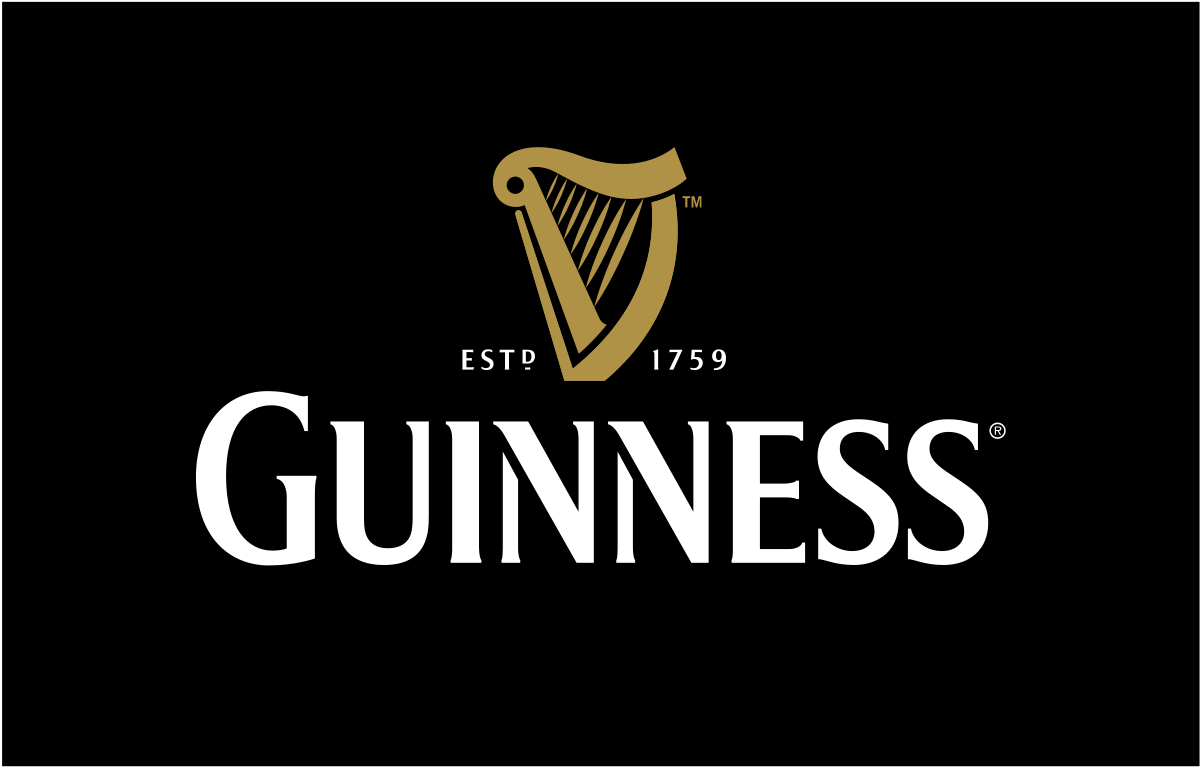By Mofeoluwa Awe
As global conversations around wellness continue to grow, brands are recognizing the importance of aligning themselves with health-focused initiatives, especially on occasions like World Health Day. This observance, held annually on April 7th, serves as a powerful platform for companies to reinforce their commitment to public health, while also connecting with the rising demographic of health-conscious consumers.
In recent years, many brands have shifted from passive acknowledgement of World Health Day to full-scale, purpose-driven campaigns. For instance, brands in the food and beverage sector are launching healthier product lines while running awareness campaigns on balanced nutrition. Fitness-focused companies like Nike and Adidas use the day to promote physical activity through global community challenges, while tech brands highlight mental wellness features integrated into their devices.
Consumer expectations have evolved. Today’s buyers are no longer just looking for high-quality products, they’re choosing brands that reflect their values. This demand has pushed companied to be more transparent and intentional in their health narratives. Whether it’s sustainable food sourcing, clean beauty, or ergonomic product design, brands that integrate wellness into their core identity are gaining long-term loyalty and trust.
Successful World Health Day campaigns go beyond one-off promotion. Take for example brands that collaborate with local health organizations to host pop-up clinics or wellness workshops. These campaigns blend product awareness with real-world impact, making the message tangible. Others provide educational content, like guides on managing stress, healthy eating, or fitness routines across their social media platforms and apps, showing their audience they care beyond the transaction.
However, this growing trend also presents a risk: health washing. Similar to greenwashing, health washing refers to brands exaggerating their wellness claims to capitalize on a trend without making meaningful contributions. Consumers are becoming savvy and can detect when a campaign lacks authenticity. To avoid this, brands must back their claims with action, whether that’s through verifiable research, expert partnerships, or actual health-driven innovations.
Ultimately, the intersection of health, branding, and consumer trust hinges on authenticity. On World Health Day and beyond, brands that lead with purpose, support their initiatives with substance, and genuinely prioritize the well-being of their customers will stand out in a crowded market. Because when brands are healthy in mission and values, they naturally attract and retain healthy, loyal consumers.







Comment
No comments found.